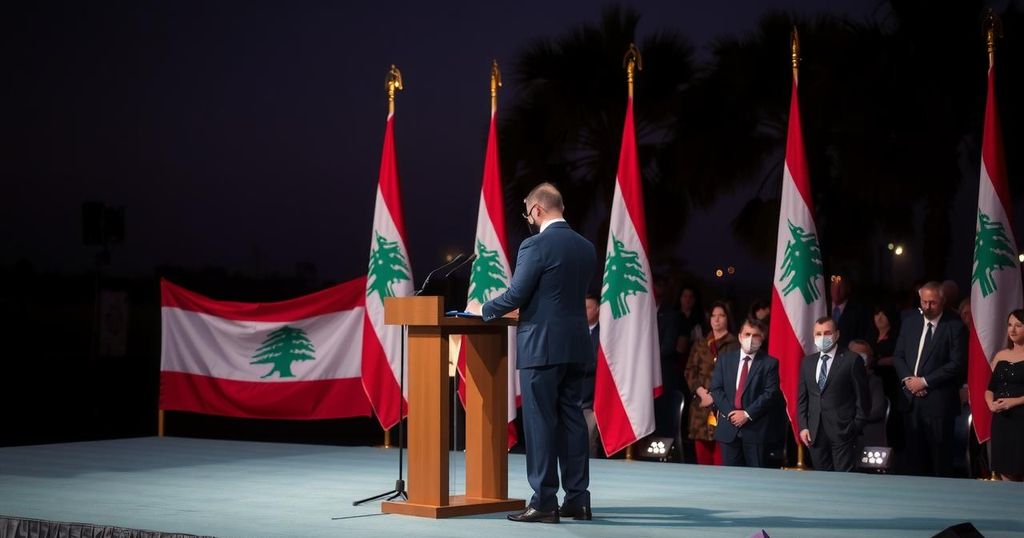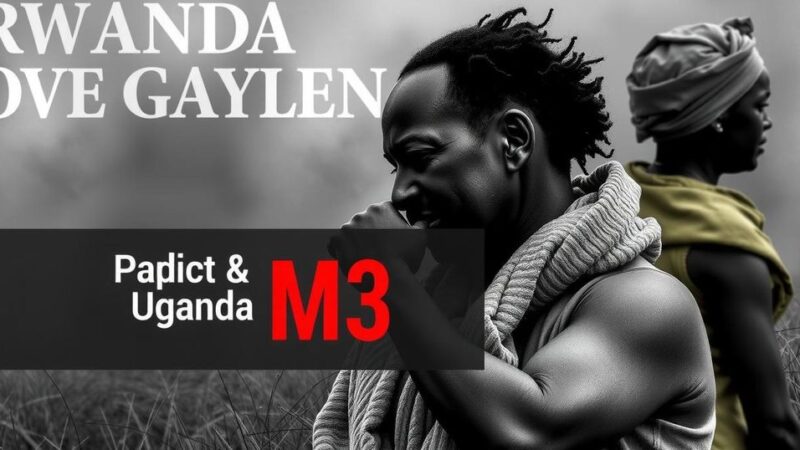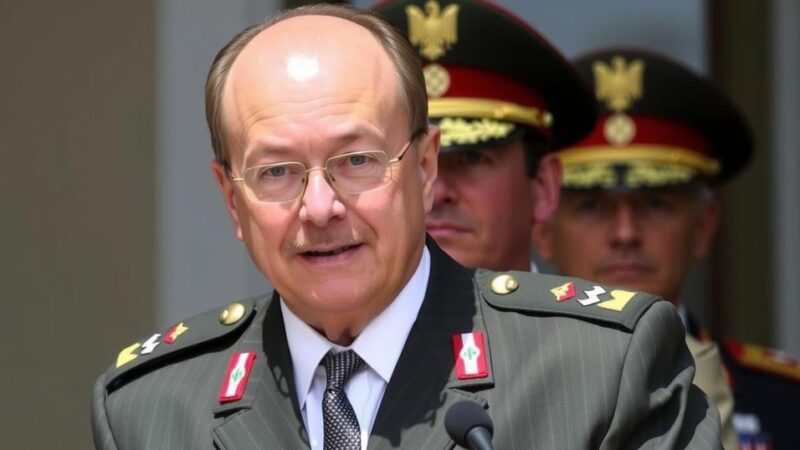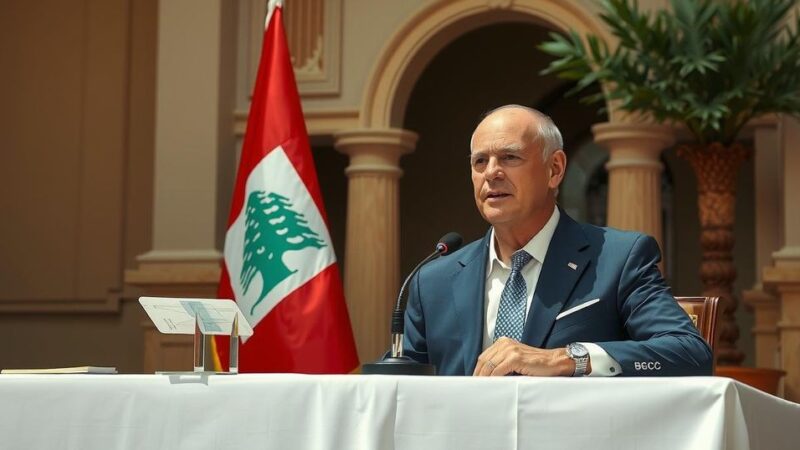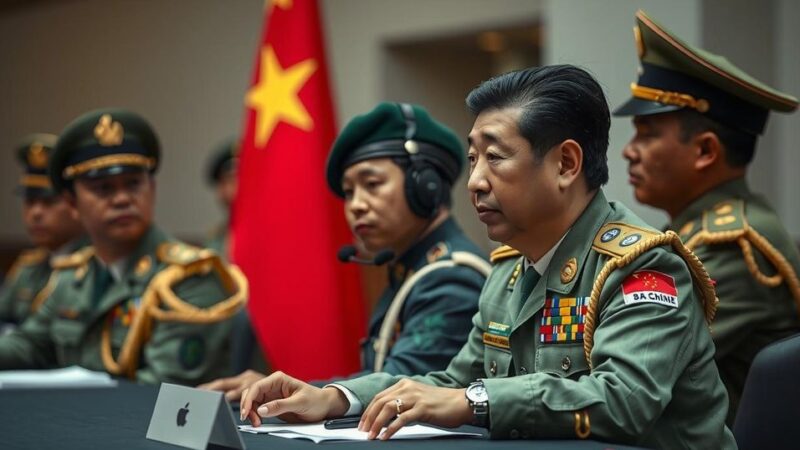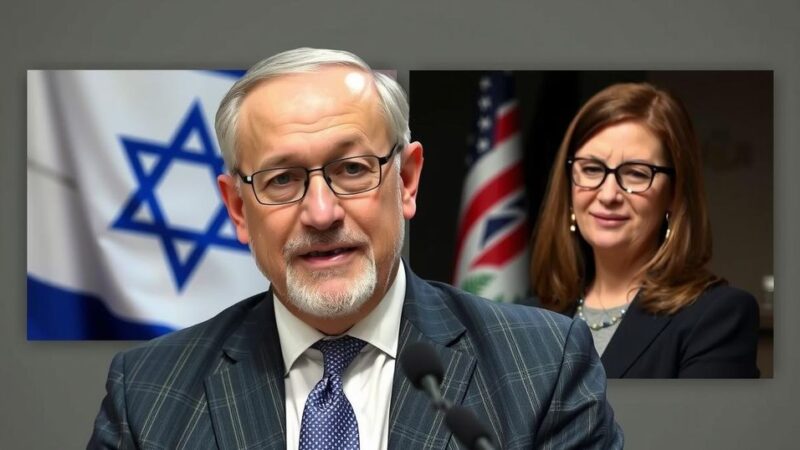Lebanon’s parliament will elect a president on Thursday, with Joseph Aoun as a prominent candidate. His potential victory may influence Hezbollah’s disarmament in southern Lebanon amidst a heating conflict with Israel, as a cease-fire expiration looms that could lead to prolonged Israeli military presence.
On Thursday, Lebanon’s parliament will assemble to elect a new president, with Chief of Staff Joseph Aoun emerging as a leading candidate. His potential election raises crucial questions regarding Hezbollah’s disarmament in southern Lebanon; could Aoun facilitate this process, or will the Israeli military establish a prolonged presence in the region similar to its actions in the 1990s? With a cease-fire set to expire in approximately three weeks, the Lebanese government’s prior commitments have largely gone unfulfilling. Israel has signaled its intention to extend military operations in southern Lebanon until at least February 26, directly communicating this plan to both the Lebanese authorities and the United States, which has assumed a supervisory role in the ongoing agreement.
The context surrounding Lebanon’s impending presidential election is critical for regional stability. Hezbollah, a powerful political and military force in Lebanon, has historically resisted disarmament, which complicates Lebanon’s governance and its relationship with Israel. The upcoming election not only signifies a potential shift in leadership but also underscores the challenges that may arise regarding national security and political sovereignty, especially in light of the impending expiration of the cease-fire.
In conclusion, Lebanon’s presidential election may hold significant implications for the country’s future, particularly concerning Hezbollah’s role and Israel’s military presence in southern Lebanon. Joseph Aoun’s candidacy may challenge Hezbollah’s influence, but the effectiveness of his leadership will depend on both his ability to enact disarmament and the geopolitical dynamics involving Israel. As the cease-fire deadline approaches, all eyes will be on the new government’s response to these pressing issues.
Original Source: www.haaretz.com

